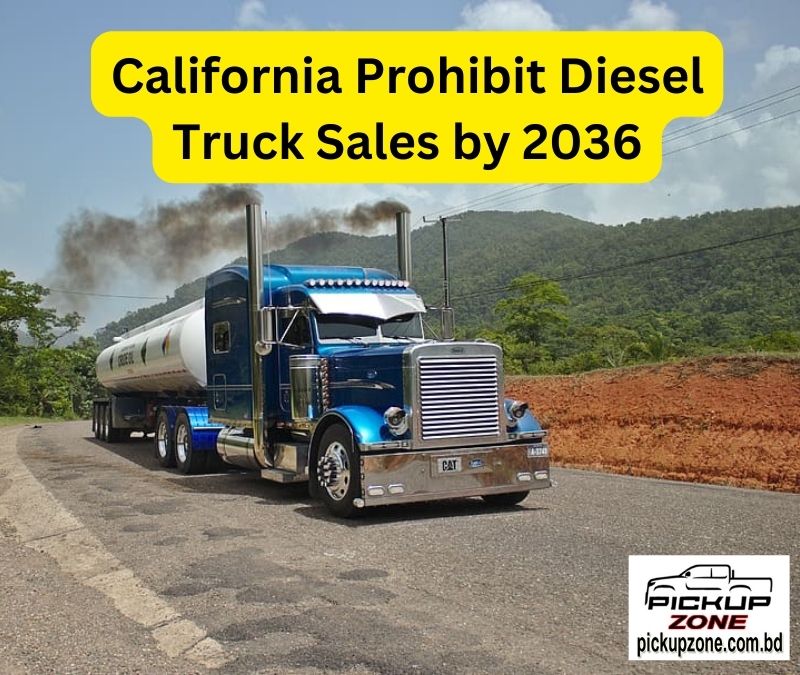Table of Contents
State officials in California have authorized a ban on the sale of new diesel-powered buses and heavy rigs by 2036, exceeding federal requirements and opening the door for other states to follow suit. This rule was approved by the California Air Resources Board, aims to stop the sale of new carbon dioxide-emitting trucks by 2045. The action is a part of broader efforts by California and the federal government to address greenhouse gas emissions from autos, which are the main source of such emissions in the nation.
Although some sizable businesses have already switched to low- or zero-emission vehicles, the prohibition would force a total switch to cleaner trucks by 2036. The state anticipates that the prohibition will reduce expenses related to pollution-related health problems. However, the American Trucking Associations challenged the prohibition, expressing worries about unattainable goals and elevated expenses.
The Significance of Why It Matters
- California’s regulations on tailpipe pollution have a significant impact on the rest of the country and the world.
- The state has been a leader in clean air regulations for many years.
- California has the authority to set stricter air pollution rules than the federal government.
- When California sets tighter rules, the federal government often follows suit.
- California’s proposed ban on diesel truck sales would be unique worldwide.
- Other states and eventually the federal government could adopt similar policies.
- These policies could influence global regulations as trucks are manufactured and used globally.
What does the future hold?
The EPA must approve California a waiver under the Clean Air Act before the new regulation can be put into effect. The Biden administration, as it did for earlier auto pollution regulations, is expected to grant the waiver. Though a future president might do the same, the Trump administration has previously canceled a waiver of a similar nature.
